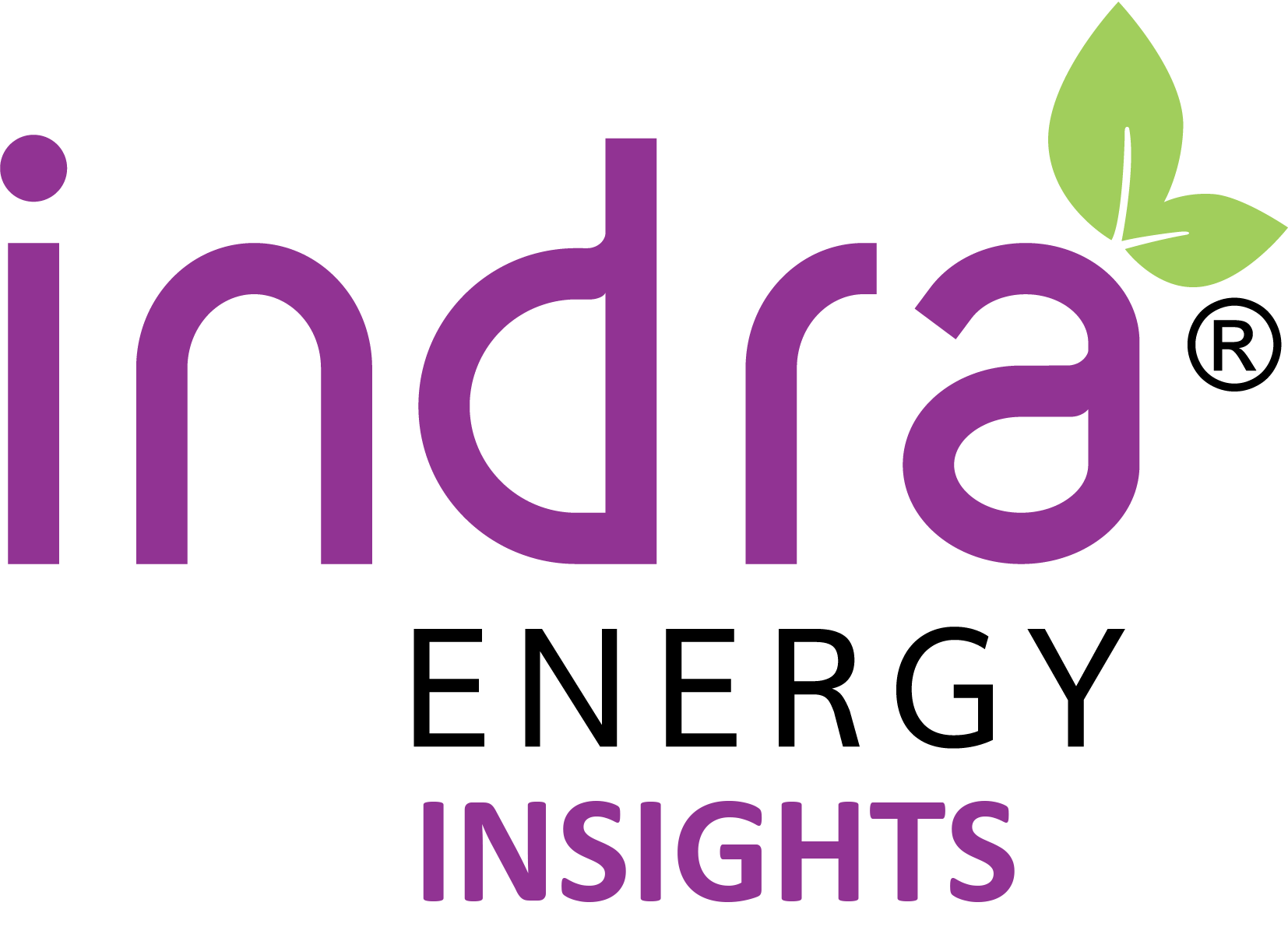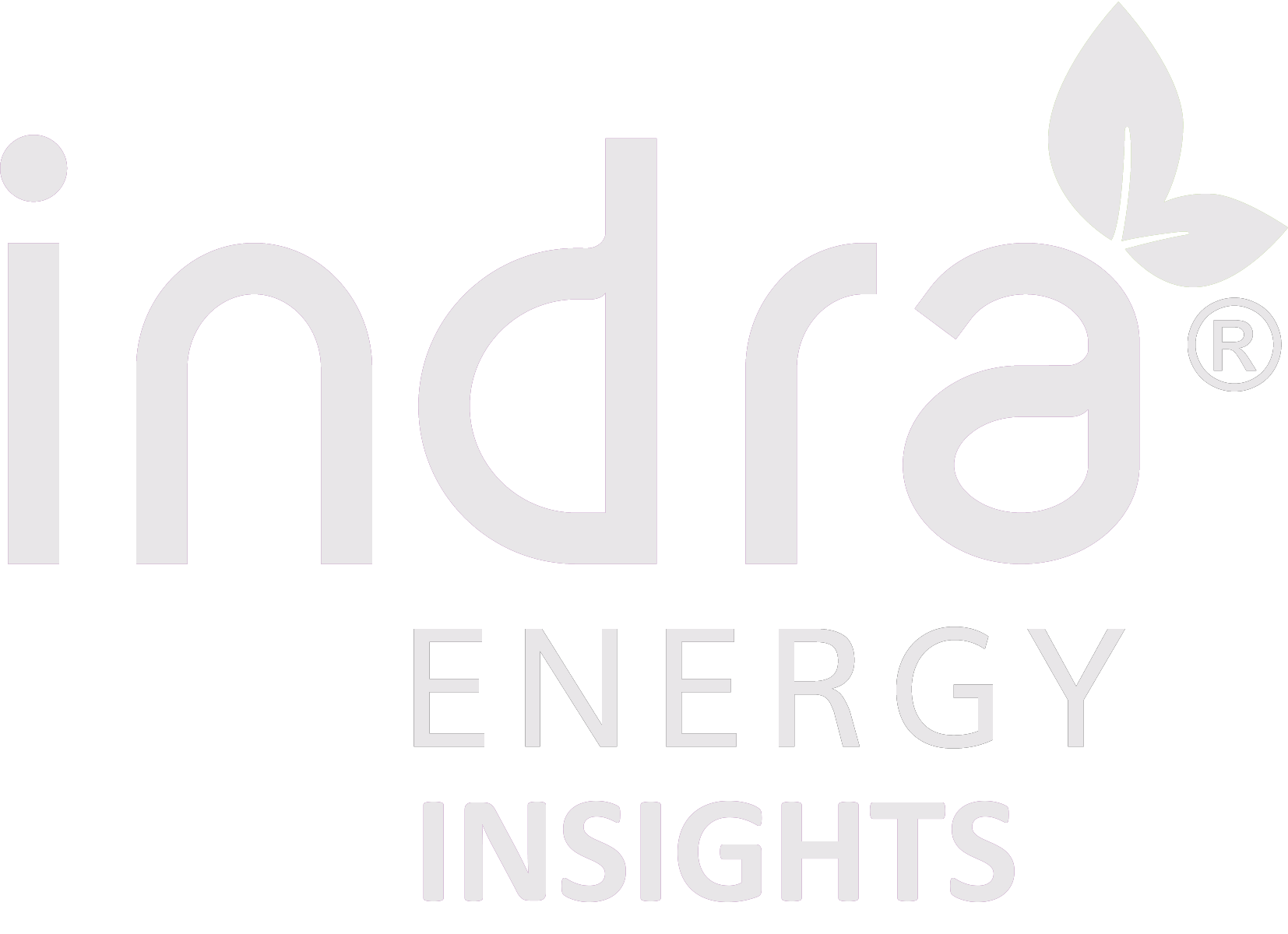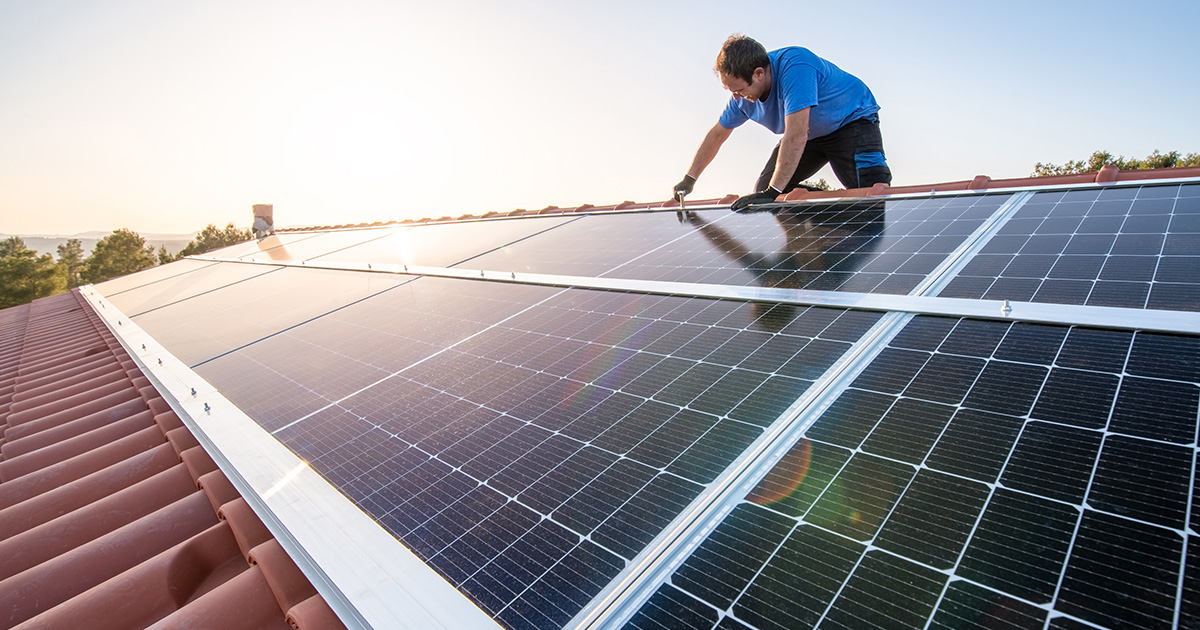Are you a homeowner who has heard of the benefits of harnessing solar energy for your home but would like to learn more? With residential solar now being available for several years, thousands of homeowners have taken advantage of solar energy’s environmental and financial benefits. Here we’ll explore the types of solar technology, which homes are the best fit for solar, money savings from solar, how it is installed, and how to begin the process of evaluating if solar is a good fit for your home. See the homeowners guide to solar financing.
Types of Solar Energy Systems
There are two main types of solar technology utilized to generate power. By harnessing the sun’s energy, they can be turned into usable types of electricity. The most common type in residential applications uses photovoltaics (PV) panels. You have probably noticed these PV panels on rooftops of homes in your area or a collection of them in a solar field. According to the U.S. Department of Energy, when sunlight hits these PV panels, photons from the sunlight are absorbed by the panel’s cells, creating an electric field across the layers and causing a flow of electricity.
Concentrating solar power (CSP) is the other solar technology used primarily by large power plants. CSP is not ideal or utilized for residential use.
Are Solar Panels A Good Fit for Your Home?
Solar panels are made to harness solar energy at home in all different types of climates, but some residential rooftops might not be ideal for solar panel systems due to the age of the roof or the amount of shade from tree coverings.
If you have tree branches that hang over the roof of your house and create a lot of shade throughout the day, rooftop solar panels may not be an ideal solution for you.
It is also important to consider the shape, size, and slope of your roof when evaluating if rooftop solar fits your home. Solar panels generally work best when mounted on south-facing rooftops that have a slope between 15 and 40 degrees. You should also consider how old your roof is and when you will need to replace it. Tip: Newer roofs are the best candidates for solar panel installation.
Can I Save Money with Solar?
Solar is already cost-competitive with the electricity sold by local utilities in many areas around the U.S. Studies by the U.S. Department of Energy have found that the cost of going solar has declined every year since 2009. This is a trend that researchers expect to continue moving forward. In addition to the costs of the solar panels decreasing, the prices associated with the installation of solar systems are also declining, which is great news for homeowners.
It should also be noted that homeowners who use solar energy can compound their savings by requiring less energy and utilizing ENERGY STAR appliances.
On top of these cost savings, you can also find a list of tax breaks and other financial incentives for getting solar panels on your home here. Simply search your zip code to see a list of incentives in your area.
How Much Power Can Solar Generate?
The National Renewable Energy Laboratory has created a tool called PVWatts so you can understand how much power you can generate with a solar system at home.
The tool estimates the energy cost and production of grid-connected PV energy systems for any address. It can help you estimate how a PV system will perform in your area. While this tool is a great starting point, be sure to get an estimate from a trusted local installer for a more accurate and customized price.
Will A Solar System Increase the Value of My Home?
A recent study found that buying a solar energy system will likely increase a home’s value, similar to many other home upgrades like a new bathroom, kitchen, or addition. The study found that home buyers are willing to pay about $15,000 more for a home that has an average-sized solar array installed. The study also found that homes with solar panels generally sell faster than homes that do not have them.
How To Install Solar
The best way to install a solar system for your home is to look for a certified professional who works with high-quality PV solar panels in your area. The industry-standard certification is given through the North American Board of Certified Energy Practitioners (NABCEP), and whoever you hire should have one of these.
How to Begin the Process
Several tools available through the U.S. Department of Energy can help you determine if your roof is suitable for solar. If solar is not the best fit for your home, you can still investigate the use of community-based solar programs in your area. In addition to those resources, an internet search can help you find local companies that install solar panels. Because you will likely have many options to choose from, it’s important to research local providers and read reviews to make sure you are selecting a good company to work with.















